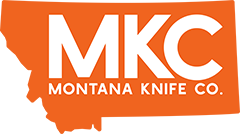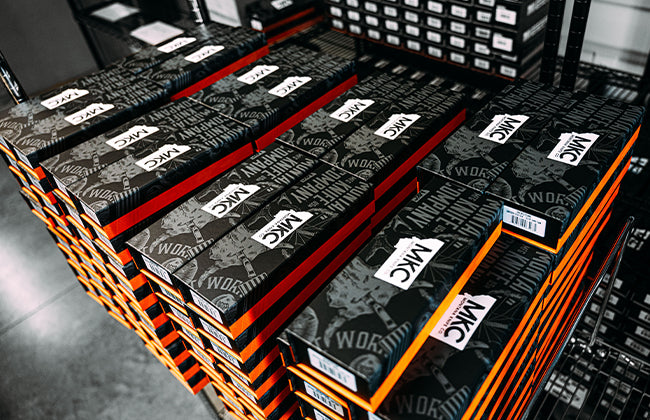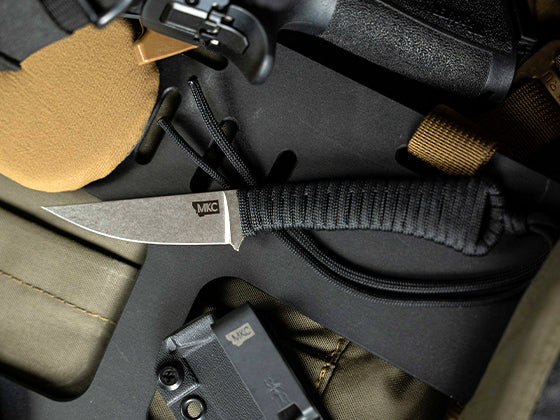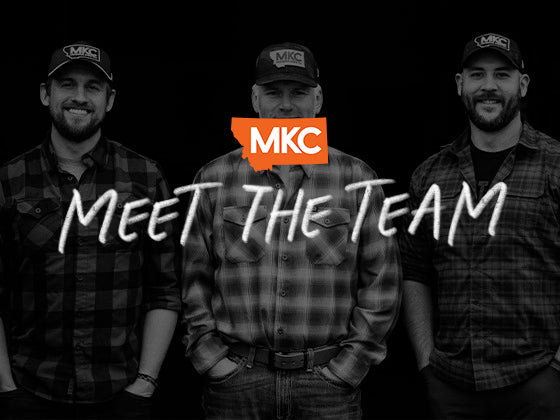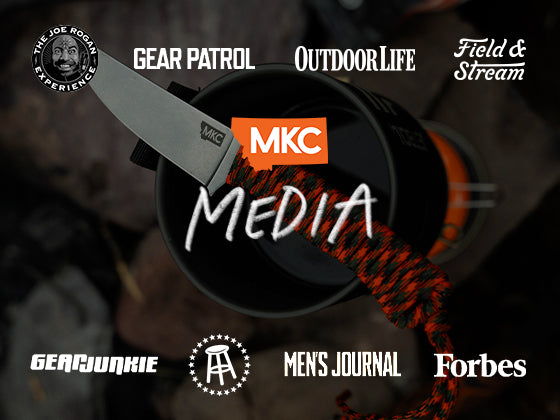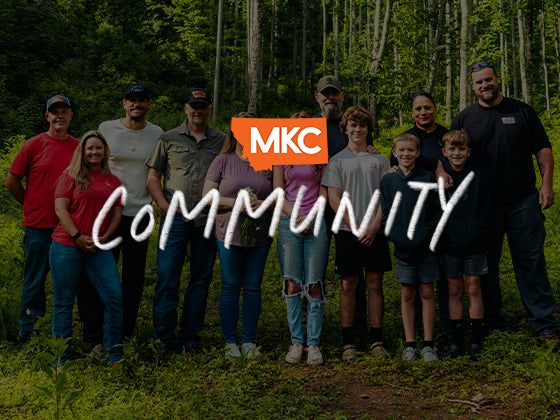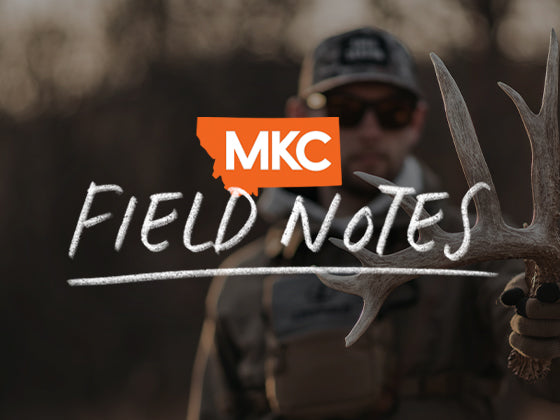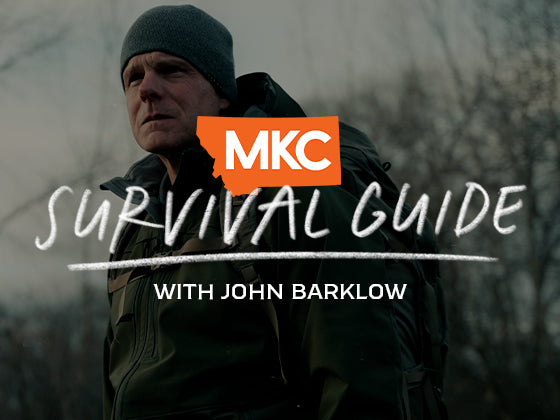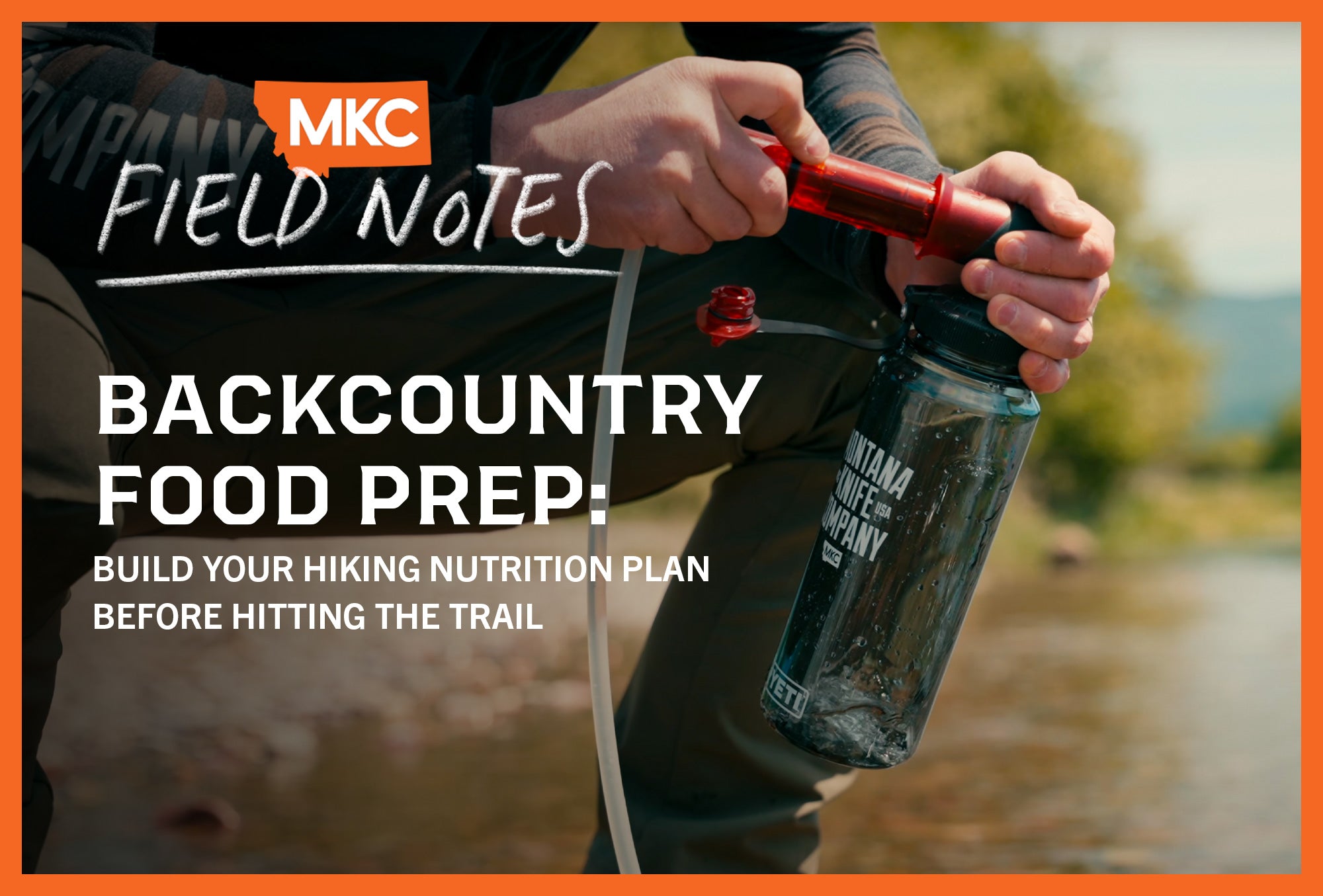How you fuel yourself in the backcountry determines whether you maintain performance or become a liability miles from help. Most backpackers learn the consequences of poor hiking nutrition planning the hard way.
Backcountry travel demands a unique approach to fueling. I call it “crisis nutrition,” a term I learned from professional alpine climber Mark Twight.
Why Most Backpacking Meal Plans Fail When It Matters Most
You won’t eat or hydrate as well in the field as you do at home. Most outdoorsmen refuse to accept that fact until they’re halfway up a mountain feeling lightheaded with five miles left to cover.
When backpacking, your pack space and weight limitations create constraints. Your body burns a ton of energy while:
- Moving across challenging terrain all day
- Mentally processing navigation decisions
- Remaining alert for environmental threats
- Operating at higher altitudes than normal
These factors combined cause your body to reject nutrition exactly when you need it most.
I’ve watched guys in elk camp pull out fancy organic dehydrated meals they never tested before. After one cardboard-flavored bite, those expensive packets became dead weight in their packs for the rest of the trip.

The Protocol That Separates Successful Backpacking Nutrition From Failure
The adage “I’m so hungry I’ll eat anything” proves false in the field. Test every part of your backpacking meal plan before depending on it.
Despite what your mother told you, you need to play with your food before backcountry trips. Eat that new dehydrated meal at home first. Try that energy supplement during training to check for adverse reactions.
A hunting partner of mine once packed a new brand of organic dehydrated meals for the entire trip. After tasting two different flavors, both of which were near-inedible, he realized his backpacking meal plan had failed before the hunt even started.
Also, understand that altitude changes everything. Higher elevations impact your appetite and how food tastes. What seems appealing at your kitchen table may be revolting at 9,000 feet after an exhausting day.
Finally, create consistency through testing. My backpacking meal plan isn’t exciting or Instagram-worthy. It’s almost identical every day on every trip. Through years of field testing, I’ve identified the minimum effective calories that fuel my performance.
This consistent backpacking meal plan means that when conditions deteriorate, I have one less variable to worry about.

Real-World Consequences of Poor Hiking Nutrition Decisions
Bonking is dangerous in the backcountry. Running your fuel tank so low that your engine sputters puts you and your partners in danger.
Unlike controlled sporting events, the wilderness has:
- No referees to pause the action
- No timeouts when you’re struggling
- No convenient aid stations with snacks and drinks
- No quick evacuation options when systems fail
Your hiking nutrition plan impacts everyone in your group. Poor fueling decisions end trips prematurely.
Building Your Personal Crisis Nutrition Protocol
There’s no perfect universal backpacking nutrition solution. What fuels me might not work for you.
Invest time in personal testing:
- Start with the basics that seem appealing
- Test thoroughly during training
- Expect some failures along the way
- Refine your approach after each trip
- Document what works in different conditions
The worst mistakes in the backcountry are the problems we create ourselves through poor preparation. Failing to develop a reliable hiking nutrition strategy falls into this category.
Your Backpacking Meal Plan Framework
Develop a backpacking nutrition approach that keeps your tank at least half full throughout your trip. You’ll rarely feel completely satisfied, but your energy levels won’t totally crash.
Backcountry travel’s physical and mental demands sometimes leave you feeling too exhausted to eat, which is exactly when nutrition becomes most important.
This strange situation is why you need a solid plan for eating in the backcountry. Let your meals keep you safe when the going gets tough.
Hiking Nutrition: Not Sexy, But It Works
Your backpacking nutrition approach probably won’t make for an exciting social media post. My backcountry diet isn’t glamorous or varied, but it works in challenging conditions.
Develop your own backpacking meal plan through field testing. Write it down, refine it, and create a system that keeps you performing when conditions deteriorate. Your life may depend on it.
by John Barklow, a Special Operations Survival Instructor and consultant who has spent decades teaching military personnel and civilians survival techniques in extreme environments.
